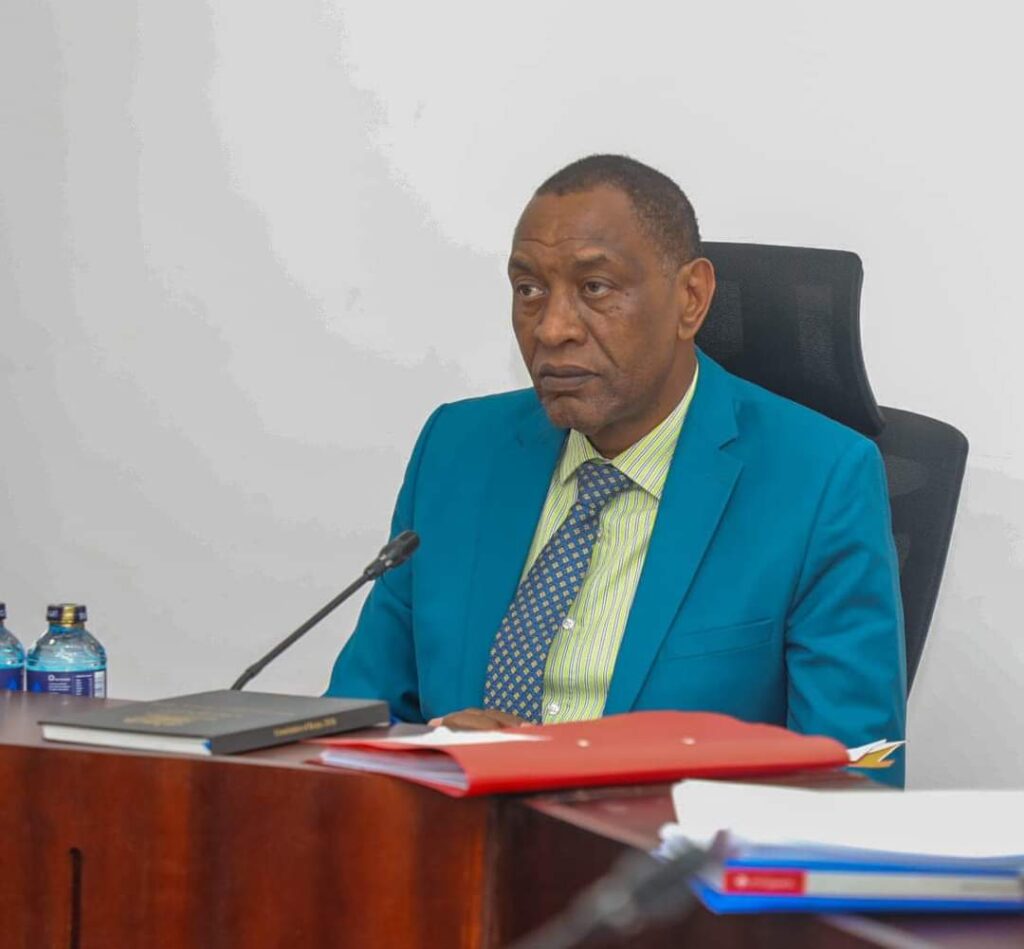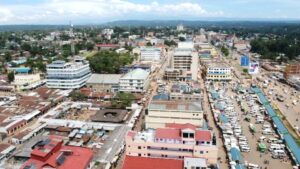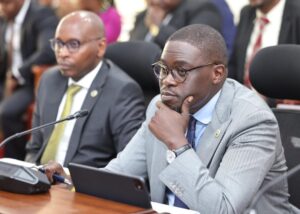𝐍𝐨 𝐬𝐦𝐚𝐫𝐭 𝐦𝐞𝐭𝐞𝐫𝐬 𝐦𝐚𝐧𝐮𝐟𝐚𝐜𝐭𝐮𝐫𝐢𝐧𝐠 𝐬𝐭𝐚𝐧𝐝𝐚𝐫𝐝𝐬 𝐚𝐩𝐩𝐫𝐨𝐯𝐞𝐝 𝐰𝐢𝐭𝐡 𝐄𝐏𝐑𝐀, 𝐬𝐚𝐲𝐬 𝐀𝐒𝐌𝐀

Senate Standing Committee on Energy chaired by Nyeri Senator Wahome Wamatinga today met with Africa Smart Meters Association led by its chairman Charles Kaloki and Secretary General James Ngomeli.
Mr. Kaloki said that most of the so-called manufacturers in the industry are actually assemblers, with a low percentage of local content, which limits job generation.
The local smart meter companies illustrate the current landscape of assembly-focused operations rather than true manufacturing in the smart metering sector.
Senator Sifuna, “why does Kenya Power prefers the imported smart meters rather than the local assembled meters, is it because of quality?”
The Secretary General Africa Smart Meters Association, Mr. James Ngomeli that Smart meter technology integrates several advanced components to deliver precise power metering, secure data transmission, and remote management.
He further explained that smart meters incorporate telecommunication technologies like cellular radios, RF mesh, WiFi, and PLC for reliable data transmission, and are built with rugged, weatherproof enclosures to withstand harsh outdoor conditions.
The committee heard that the power supply handles a wide voltage range (80V-300V), protecting internal circuitry and ensuring low-power operation with battery backup during outages. PCBs integrate surface mount devices (SMD) for metrology, control, and modular design, enabling seamless assembly of power, communication, and display components.
The association implored the Senate Committee on Energy to help them come up with legal framework to enable the local manufacturers have the expertise required to fully develop the industry of smart meters.
Mr. Ngomeli said, “We are conducting a survey among our members to gather information about the partnerships they have established with foreign organizations. For example, our members have collaborated with Chinese firms, awaiting a more favorable business environment and greater certainty.”
The association explained to the committee that the challenges they encounter are that they are no smart meters manufacturing standards approved with EPRA, the need for framework arrangement with big off takers like KPLC to ensure certainty and to drive investment .The drive of Tendering is not sustainable to drive investment, research the need for universities and research institution like Kenya Power to drive research to ensure local components are used




